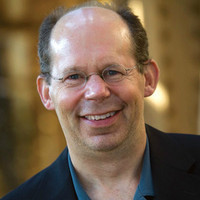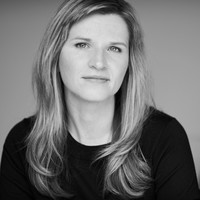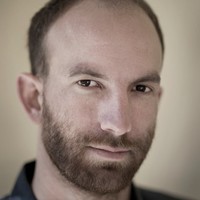Sponsored
Sponsor: Voice Media Group
Our sponsor this week is Voice Media Group, publisher of the Village Voice, LA Weekly, Miami New Times and eight other metropolitan newsweeklies and sites. Every week, VMG writers publish longform narrative journalism, and their work is regularly picked for Longform. Here are three recent favorites:
Millionaires Clash Over Shadyside Mansion</b>
Terrence McCoy • Houston Press</p>
Joe Arridy Was the Happiest Man on Death Row
Alan Prendergast • Westword
A White Buffalo’s Death Breeds Suspicion and Lies
Brantley Hargrove • Dallas Observer
VMG is also seeking freelancers to pitch longform features on issues of national importance and interest. If you’re an experienced journalist with reporting chops, energy and ideas, please visit voicemediagroup.com and click on “National Features Program” under “Our Journalism.”














